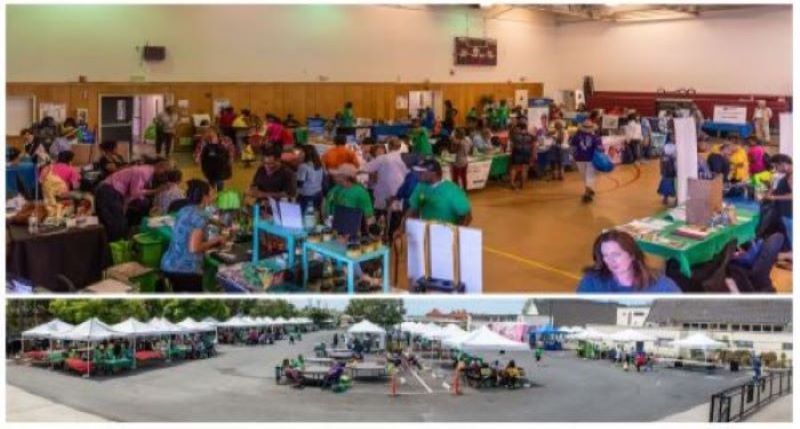March Health Education Emphasis

Quick Facts on Kidney Functions (There are two kidneys in the lower back)
- Filters waste out of 200 liters of blood each day
- Regulates body's salt, potassium and acid content
- Removes drugs from the body
- Balances body's fluids
- Releases hormones that regulate blood pressure
- Produces an active form of vitamin D that promotes strong, healthy bones
- Controls production of red blood cells
About Kidney Disease
- Kidney disease is the 9th leading cause of death in the country
- More than 26 million Americans have kidney disease, and most don’t know it
- There are over 95,000 people waiting for kidney transplants
- More than 590,000 people have kidney failure in the US today
- Iron-overload due to ongoing transfusion therapy for treating sickle cell disease or thalassemia without proper chelation (iron removal) treatment
African Americans Have Higher Incidence Rates Due to
- Diabetes
- High Pretention
- Family History of Kidney Failure
- Socio-economic (lower income)
- Least likely to receive a transplant
- Goes undetected most often to last stages
- African Americans are three times more likely to experience kidney failure than Caucasians due to high rates of diabetes, high blood pressure and heart disease
- African Americans constitute more than 35% of all patients in the U.S. receiving dialysis for kidney failure, but only represent 13.2% of the overall U.S. population


